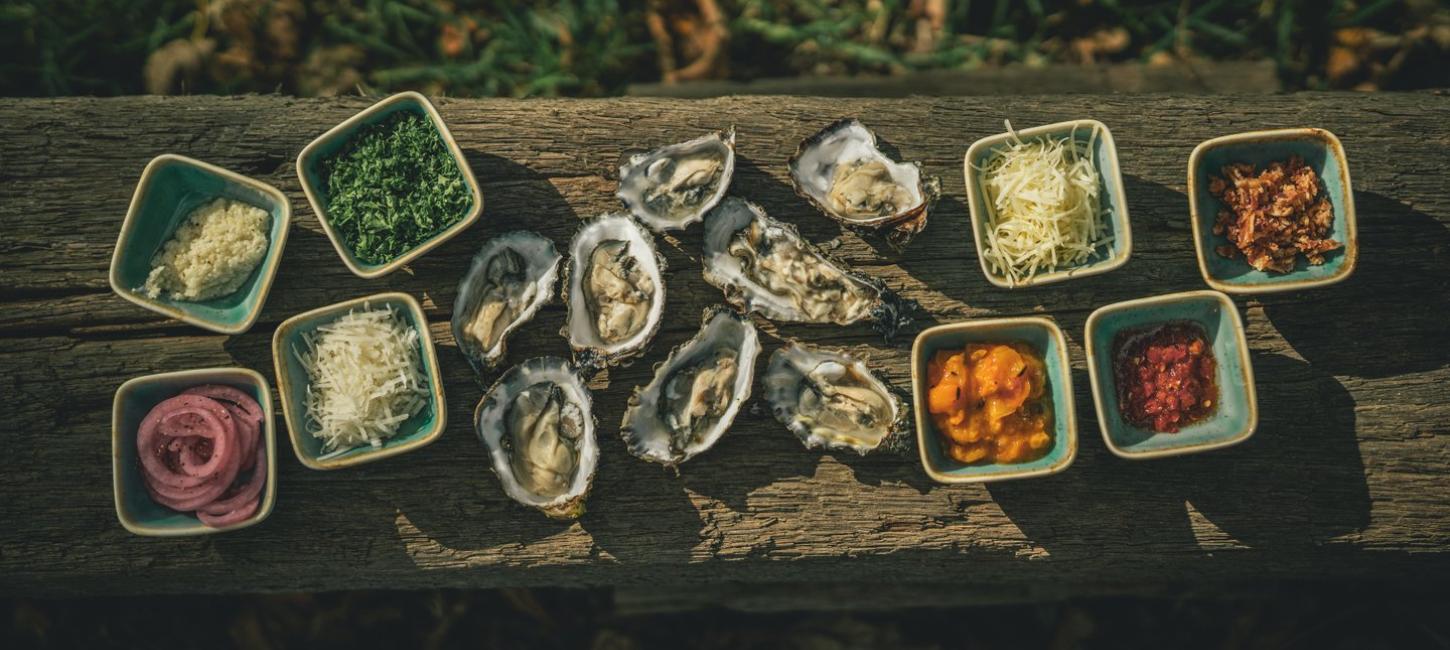
Denmark: the future of food
It’s highly likely that you have eaten something from Denmark, maybe without even realising.
Denmark is a world leader in farming and agriculture and exports its produce to Japan and all over the world – in fact, Denmark produces enough food to feed its population three times over. Whether it’s bacon, butter, pork dumplings or dairy products, you might already have a taste for Denmark.
When it comes to food culture, Denmark is an innovator with a strong focus on sustainability and the future. Our design-thinking comes into play when we consider how we will eat in the future, how agriculture needs to change to keep pace with a growing world population, and how technology can play a role in developing new sustainable paths for farming and dining.
In answering these questions, our naturally playful side comes out. We ask ‘what if’: what if we could develop a farm on top of a city centre building? What if we could create a way to farm insects for our protein needs? And what if we could make an ice cream that could be given on prescription to hospital patients? That’s the wonder of everyday food in Denmark.
Modern Nordic Cuisine
Denmark’s restaurants have evolved to push the boundaries in food exploration and experience, and pioneered the New Nordic movement, which focuses on local, seasonal and sustainably-grown food. From traditional hot dogs from street sellers and classic Danish porridge (grød), to the freshest Nordic produce in some of the world’s best restaurants, visitors can taste their way to a real understanding of Danish culture. Rugbrød, a dark grain-heavy bread, butter cookies and liquorice are three more staples of daily Danish cuisine.
Sustainable Dining
In 2020, Michelin awarded 14 Danish restaurants with its new sustainability emblem, an accolade given to restaurants that are at the forefront with sustainable gastronomy or are taking smaller steps to work in a greener way. It’s just one highlight from a dining scene that holds sustainability in food and farming as a key tenet. Others include the Farm of Ideas (https://farmofideas.dk/), run by Michelin-starred restaurant Relæ, which both provides produce for a range of Copenhagen restaurants and serves as a talking point for chefs and farmers with an aim of creating meaningful dialogue around the world’s food systems, and Østergrø (https://www.oestergro.dk/), a rooftop farm and restaurant in the heart of the city.
Farming in the City
As city living expands, we are moving further and further away from nature. In recent years, several interesting projects have cropped up to satisfy the desire of the Danes to eat and cultivate the city, preferably in green communities, so that our cities can become our pantries. Denmark’s multifaceted approach includes a technology system, Next Food (https://nextfood.co/), that creates precise soil-free growing systems that can operate in small spaces, ideal for the culinary industry, along with Bybi (https://bybi.dk/), a social enterprise in Copenhagen that involves the community in local honey production.
The Food of the Future
Food production is one of the biggest challenges in creating a globally sustainable future. The world’s population grows exponentially every year and at the same time, climate change underlines the need for more sustainable and resource-efficient food production. The global food supply is facing vast challenges: uneven distribution of food, to many feeling the impact of climate change, undernutrition and overnutrition. Forward-thinking Danes are looking to those needs and finding solutions, from Enorm Bio Factory (https://enormbiofactory.com/future-farming), which works on domesticating insects, to Skee Is (https://www.skeeis.dk), an ice cream company that develops ice creams rich in fat and protein available on prescription for health and nutritional needs.
Looking after the future
Denmark is a world leader in the food waste movement and has also developed a number of food packaging solutions that aim to offset in waste and refuse following the rise in ready meals and food on the go behaviour. Too Good to Go (https://toogoodtogo.co.uk/en-gb) is a pioneering food waste start up from Denmark in operation around the world that saves food from restaurants and hotels that would otherwise be thrown away.
To fight waste from packaging, initiatives include Løs Market (https://www.loes-market.dk/), a supermarket concept where users bring their own containers, along with green fibre bottles and glue snap cans from Carlsberg (https://www.carlsberggroup.com/sustainability/sustainability-at-carlsberg/). The town of Næstved (https://ressourcecity.dk/glass-cluster/)has a pioneering glass recycling initiative that takes 125,000 tonnes of glass per year, recycling it into up to 800 million bottles and jars, reducing the need for virgin materials.
Denmark is proud to be a nation that loves food and leads the dialogue about how we will eat in the future. From small scale producers that work as a test ground for new ideas, to large scale multi-national companies that support agriculture and feed customers all over the world, our food nation is always looking to new ideas on how to be more sustainable and future-focused.
Taste the culinary wonders of everyday Danish food at The Denmark Pavilion.
EDITOR’S NOTES
The Denmark Pavilion is open to the public 23 July - 8 August and 24 August - 5 September 2021 11am-10pm. Admission is free.
WHAT'S ON
Visit our the Denmark Pavilion Program to see what's on. SoMe hashtag: #denmarkpavilion
HIGH RES. IMAGES TO GO
Visit our image site to download images and videos from the Denmark Pavilion and Denmark.
ABOUT THE DENMARK PAVILION
The Denmark Pavilion in Hibiya Park is open for 30 days during the Olympic and Paralympic Games in Tokyo 2020, and aims to strengthen awareness of Denmark with the Japanese and international audience. Inside, the exhibition centres on quality of life and explores innovative Danish solutions within design, healthcare, food, smart city development and sustainability. The pavilion is created from 2,500 recycled plastic chairs, which will be repurposed after the event, and was designed by Danish architects Lendager Group, with the interior and exhibition by BRIQ. The initiative has been developed by the Danish Ministry of Industry, Business and Financial Affairs and VisitDenmark in collaboration with Realdania and The Danish Industry Foundation.

Denmark, International PR Consultant